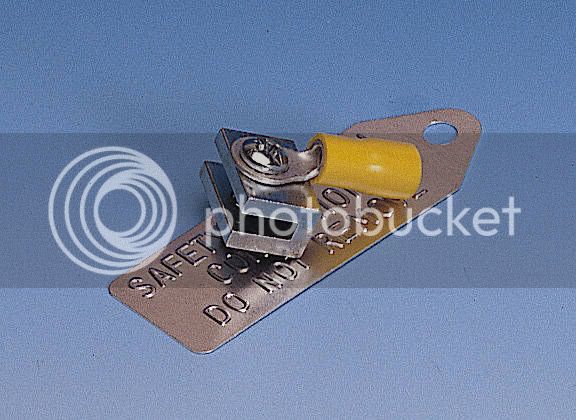I agree with your post steptoe but if beemer has carried out any work on the installation he has to make sure that the installation is bonded or walk away without touching it. just putting cant bond ect ect on cert is surly not good enough. A word with the customer about the fact of lead pipes and lead poisoning doesn't worry them I suppose a simple water bond will bother them either
legally cheggers if you point out to the customer that their installation does not meet the current regs and in your opinion it is unsafe then you are covered.
remember, its not against the law not to have bonding, its a deviation from the current regs.
but NOT illegal in a building that was wired to a different version of the regs, ie, 13th or 14th.
you DO NOT have to make the customer do something they do not want, you only have to leave the install in as was or less dangerous condition, you do NOT have to make it any safer.
IMHO if you bond to lead pipe you are either
A- breaking the law by modifying a lead plumbing installation
B- breaking the law by not using a clamp designed for lead piping (Im assuming you are not a qualified pipe jointer certified to work on lead)
there is a limitations box on your cert, also there is a box for observations, and if you really wanted to you can issue a failure to comply cert, get the customer to sign, you both get a copy then its up to them to rectify the fault, you have your signed copy to wave in court.
as I said, these are only my opinions based on past experiences, others may have done it differently, but Im not a plumber.

































































